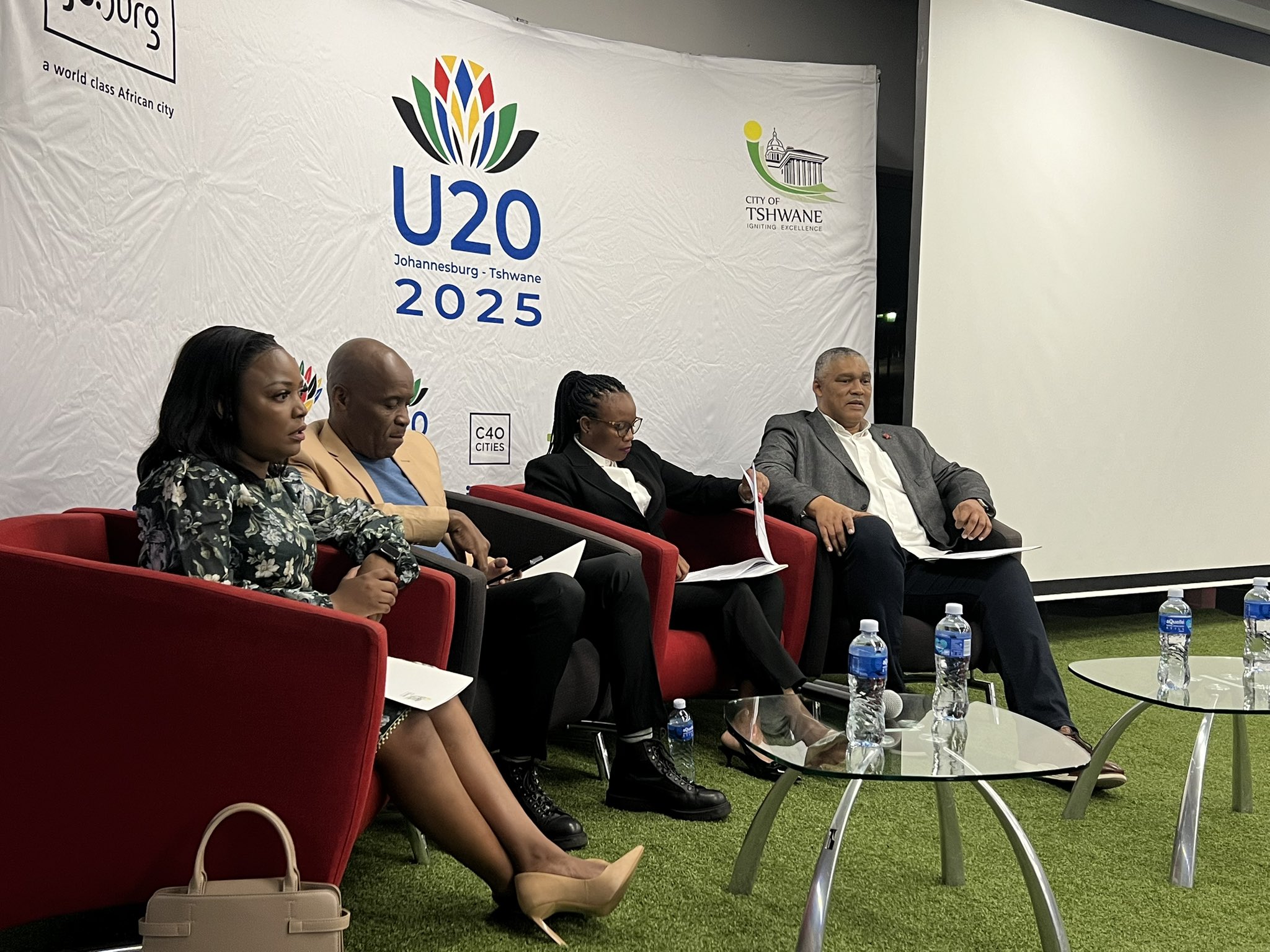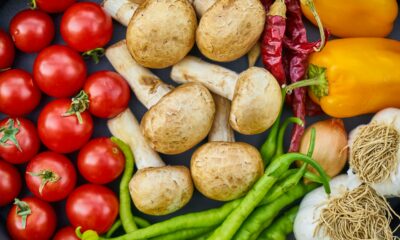News
Tshwane Farmers Demand Action: Unlock City Resources to Secure Local Food Future

At a lively evening gathering in Pretoria’s Innovation Hub, something more than just strategy was shared—there was an unmistakable urgency in the room. Farmers from across Tshwane came together to deliver a direct message to the city: unlock your resources, or risk weakening our food supply chain.
Mayor Nasiphi Moya, who hosted the stakeholder engagement session, listened as local voices outlined a pressing need for tractors, land, and city-level support to revive the metro’s agricultural engine.
“Tractors Are Growing Grass, Not Food”
Kobela Mokgohloa, the passionate CEO of Korean Farms, painted a vivid picture of wasted potential.
“On the corner of E’skia Mphahlele and Francis Baard, you’ll find more than 20 city-owned tractors—unused, collecting dust and growing grass,” he said. “To a farmer, a tractor is more than a machine—it’s a job creator, a productivity booster, a symbol of hope.”
He’s not wrong. For farmers trying to make ends meet while feeding a growing urban population, something as basic as a functioning tractor could mean the difference between surviving and thriving.
The request wasn’t just for the release of equipment—but for a shift in attitude. “Put these tractors in capable hands,” Mokgohloa urged. “Let them create secondary income streams that benefit not just individual farmers, but entire communities.”
Food Market Fears: “We’re Losing Credibility”
Another issue raising concern is the condition of the Tshwane Fresh Produce Market, once a vibrant node in Gauteng’s agricultural network.
Francois Knowles from the Agricultural Produce Agents Council was blunt. “We sell food that people eat. The market must be clean, well-maintained, and safe—anything less risks consumer trust.”
Social media chatter among local traders has echoed this sentiment, with some users comparing the market’s hygiene standards unfavorably to those in Joburg or Cape Town.
“Fixing this isn’t just about image—it’s about food safety, dignity, and economic potential,” Knowles added.
The City Responds—But Will It Deliver?
Mayor Moya acknowledged the challenges—and the opportunity.
“Agriculture and agri-processing are our second highest economic priority,” she said, referencing the city’s Economic Revitalisation Strategy, which targets 3.9% economic growth by 2029. A draft agriculture strategy is currently in the works and will be reviewed by the Mayoral Committee within two months.
However, she was quick to call out a deeper issue: land under city ownership is often invaded, leading to legal and logistical battles.
“Why wait for informal settlements to crop up when we could hand this land to farmers for food security?” she asked. “City assets belong to the people—not just a few officials.”
Budget Is There—But Is It Enough?
Mayoral Committee Member for Finance, Eugene Modise, confirmed that R23.9 million has been allocated to the Agricultural Department for the 2025/26 financial year. But only R674,297 is set aside for farmer training and poultry house refurbishment—a drop in the bucket for a metro as large and food-dependent as Tshwane.
While the budget exists, the big question remains: will it be used efficiently and transparently?
Why This Matters Now
Tshwane is not just a government hub—it’s also a breadbasket. From Bronkhorstspruit to Soshanguve, smallholders and emerging farmers form the backbone of a local food system that feeds thousands. But with climate unpredictability, economic pressure, and poor infrastructure support, they can’t do it alone.
This isn’t just an economic issue—it’s about local food resilience. Without support, Tshwane risks depending more on outside food sources, pushing up prices and weakening food access in poorer communities.
Farmers Want More Than Promises
The tone in the room that night was hopeful—but cautious. Farmers have heard promises before. What they want now is accountability, timelines, and above all, action.
“Let’s not let tractors rust while stomachs go empty,” one attendee said during a break.
As the city prepares to finalise its agriculture strategy, the clock is ticking. The land is there. The tools are idle. The will—at least from the farmers—is strong.
All that’s missing is for the city to match that energy.
{Source: IOL}
Follow Joburg ETC on Facebook, Twitter , TikTok and Instagram
For more News in Johannesburg, visit joburgetc.com



























